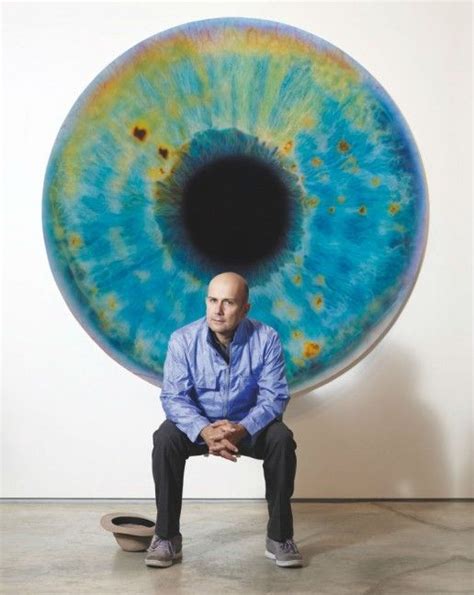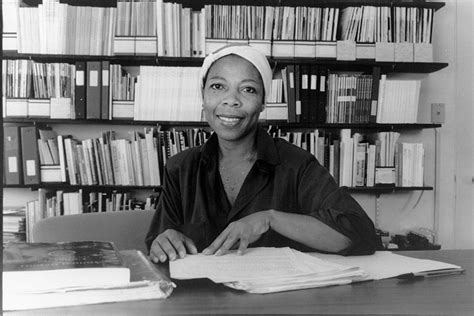A Quote by Masha Tupitsyn
I was never really satisfied with writing only text or with the way my texts looked when they were published. Most online journals have a pretty lame sense of typography - bad font, counter-intuitive margins and line spacing - that it makes me sour on my writing.
Related Quotes
There are very few good writers about art, and you either get art-fashion writing with trendy views or you get very traditional writing. Occasionally, you get people who can write in an interesting way. Really, I think in a sense art writing needs to be renewed as well. It's in a pretty bad condition.
Whether it's writing a monologue or writing standup or writing a screenplay or writing a play, I think staying involved in the creation of your own work empowers you in a way, even if you don't ever do it. It gives you a sense of ownership and a sense of purpose, which I think as an actor is really important.
I've never had a mentor personally of any kind. It feels like, generally, in the writing world or the art world, it's more of a thing in America, because you have writing programs, which we don't have. You have these amazing writers who are teachers. I never did a writing program so I never met a writer until I was published. I guess I can't really explain my compulsion for writing these kind of mentor characters.
Thoughts are created in the act of writing. [It is a myth that] you must have something to say in order to write. Reality: You often need to write in order to have anything to say. Thought comes with writing, and writing may never come if it is postponed until we are satisfied that we have something to say...The assertion of write first, see what you had to say later applies to all manifestations of written language, to letters...as well as to diaries and journals
A book coming out into the world can be a harsh, harsh time. And your feelings are on the line. Everything that publication is about is really not what your writing is about. Your writing is coming out of something else, and publication and being in the public are something else. And those of us who have published, in whatever way we're published, are very fortunate.
Actually, I've taught creative writing in Turkey, at an English language university, where the students were native Turkish speakers, but they were writing their essays in English, and they were very interesting - even the sense of structure, the conventions of writing, the different styles of writing.
In my mind, only one inviolable precept exists in terms of being a successful writer: you have to write. The unspoken sub-laws of that one precept are: to write, you must start writing and then finish writing. And then, most likely, start writing all over again because this writing "thing" is one long and endless ride on a really weird (but pretty awesome) carousel. Cue the calliope music.
The Zen way of calligraphy is to write in the most straightforward, simple way as if you were a beginner, not trying to make something skillful or beautiful, but simply writing with full attention as if you were discovering what you were writing for the first time; then your full nature will be in your writing.





































